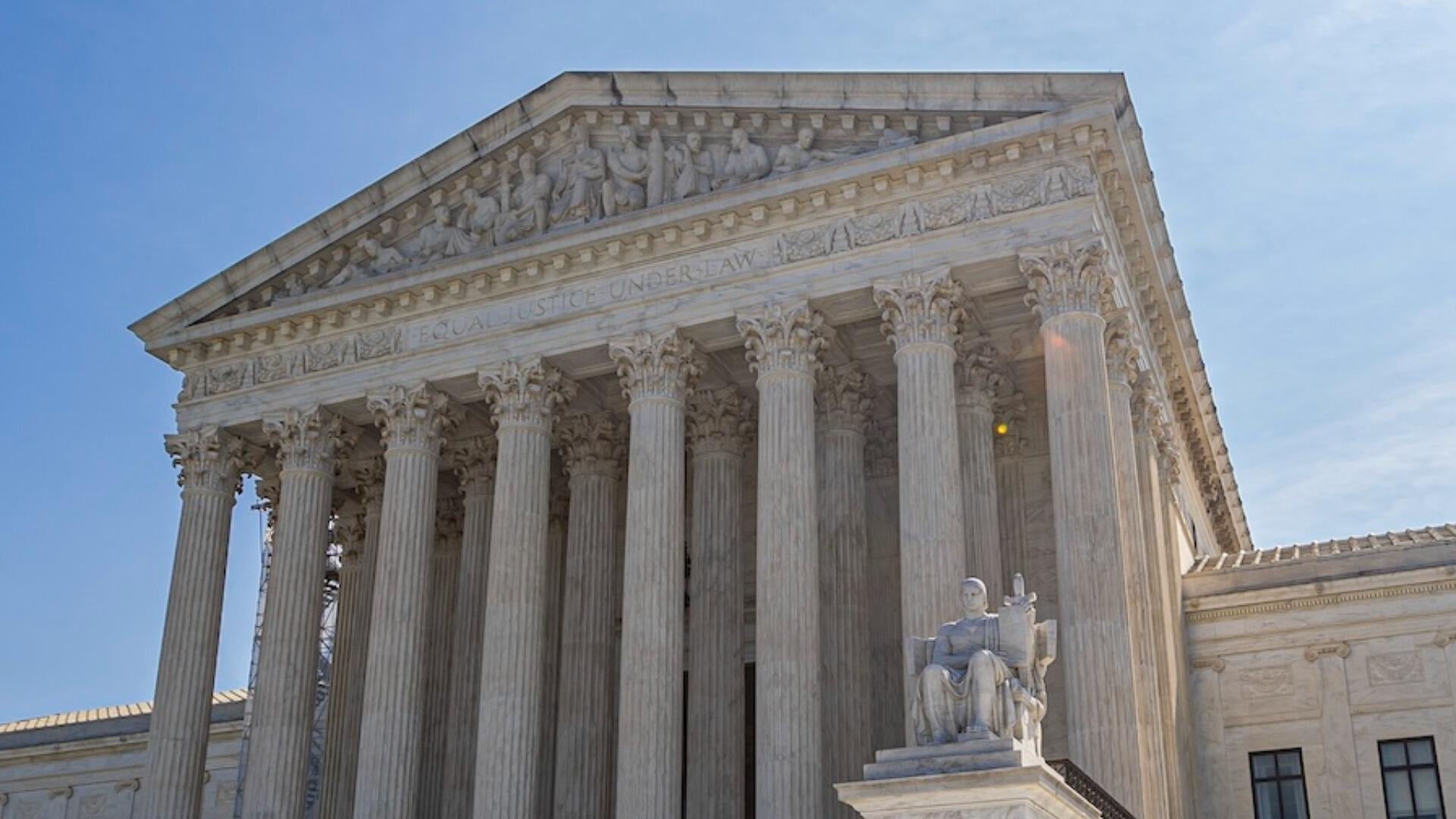Articles in this Cluster
31-05-2025
The Supreme Court granted the Trump administration’s request to end the CHNV humanitarian parole program, allowing the Department of Homeland Security to terminate temporary protections for roughly 532,000 Cubans, Haitians, Nicaraguans, and Venezuelans while litigation continues. The decision pauses a lower court ruling that blocked DHS’s blanket revocation, which the judge said violated the requirement to make parole decisions case-by-case. Justices Sotomayor and Jackson dissented, warning of severe human consequences. The administration argues the Biden-era program violated immigration law and encouraged illegal entry; DHS can now begin removing CHNV parole recipients as their status expires.
Entities: Supreme Court, Trump administration, Department of Homeland Security, CHNV humanitarian parole program, Sonia Sotomayor • Tone: analytical • Sentiment: neutral • Intent: inform
31-05-2025
Federal agents from the Department of Homeland Security entered Rep. Jerry Nadler’s Manhattan office and briefly handcuffed an aide after staff observed agents detaining migrants in a hallway outside a nearby immigration court. A video shows a Federal Protective Service officer demanding access to a private area and alleging “rioters” were being harbored; no riots were reported. DHS said agents conducted a safety check after hearing protesters were in the office and detained the aide for blocking access. Nadler’s staff disputes this, saying agents were angered that staff and invited advocates had witnessed hallway detentions. The incident occurred amid heightened ICE activity arresting migrants at immigration courts, part of the Trump administration’s intensified deportation efforts. Nadler condemned the actions as authoritarian and said congressional recourse is limited given Republican support for the administration’s agenda.
Entities: Jerry Nadler, Department of Homeland Security, Federal Protective Service, Immigration and Customs Enforcement, Manhattan immigration court • Tone: analytical • Sentiment: negative • Intent: inform
31-05-2025
The Supreme Court allowed the Trump administration to revoke a Biden-era humanitarian parole program that had granted temporary legal status and work authorization to over 530,000 migrants from Cuba, Haiti, Nicaragua, and Venezuela. The decision throws hundreds of thousands—especially Haitians and Venezuelans—into uncertainty over potential deportation, despite some having applied for asylum or Temporary Protected Status (TPS). While due process requirements mean immediate removals are unlikely, advocates report fear, disrupted work and school plans, and some considering moves to Canada. Employers warn of economic disruptions as authorized workers lose status. Families like those in Haitian and Venezuelan communities face heightened anxiety and possible loss of income supporting relatives abroad.
Entities: U.S. Supreme Court, Biden-era humanitarian parole program, Trump administration, Cuba, Haiti • Tone: analytical • Sentiment: negative • Intent: inform
31-05-2025
Two unsigned Supreme Court emergency rulings dismantled key legal protections for over 500,000 immigrants, primarily from Cuba, Haiti, Nicaragua, and Venezuela, by gutting humanitarian parole and Temporary Protected Status. This shift instantly makes many “lawfully present” immigrants deportable and easier to locate because they had provided DHS with fingerprints, addresses, and sponsor information. The Trump administration argues the programs were abused and is poised to accelerate removals, including via expedited removal for those in the U.S. less than two years, bypassing immigration courts. Advocates warn of chaos, fear, and potential harm to compliant immigrants, while officials acknowledge enforcement limits but signal aggressive use of expedited processes despite an already overburdened system.
Entities: U.S. Supreme Court, Department of Homeland Security (DHS), Temporary Protected Status (TPS), Humanitarian Parole, Expedited Removal • Tone: analytical • Sentiment: negative • Intent: inform
31-05-2025
The Trump administration deported Jordin Melgar-Salmeron, a 31-year-old Salvadoran man, minutes after the Second Circuit issued an order halting his removal, despite prior assurances it would not deport him that day. The government blamed administrative errors and argued the order wasn’t violated because deportation procedures had begun before the formal ruling, though the flight departed after the order. Melgar-Salmeron, a former MS-13 affiliate with a U.S. family, is believed imprisoned in El Salvador; his lawyer plans to seek a special master and potential contempt findings.
The case adds to a pattern in which courts say Trump officials have violated orders by deporting migrants, including Kilmar Armando Abrego Garcia and a Venezuelan man known as Cristian, with judges issuing sharp rebukes and directing the administration to facilitate returns. In another case, the administration said it would comply with a Boston judge’s order to bring back a Guatemalan man wrongly sent to Mexico. Judges have criticized the administration for disregarding the rule of law and failing to follow court directives.
Entities: Jordin Melgar-Salmeron, Second Circuit Court of Appeals, Trump administration, MS-13, El Salvador • Tone: analytical • Sentiment: negative • Intent: critique
